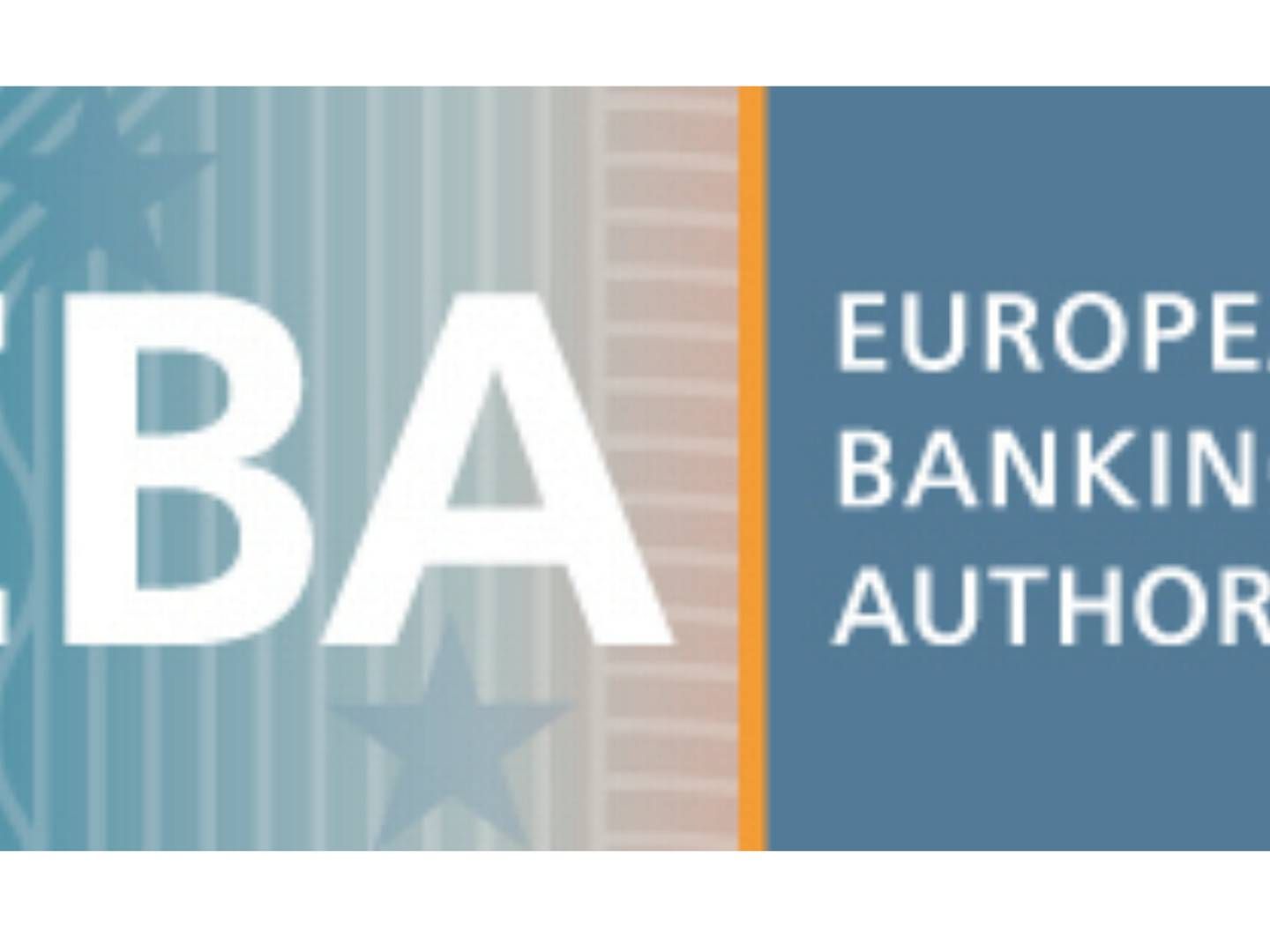Think tank slams “arbitrary” ESG ratings and the investors that follow them

The CEO of Swedish think tank Timbro has criticized the arbitrary way that ESG ratings are used in the investment universe and how politicians and fund managers act upon them.
Benjamin Dousa has written a debate column in Swedish newspaper Svenska Dagbladet where he uses the example of the recently collapsed crypto exchange FTX.
He stresses that the goals created by the governments and the capital to push for more sustainable investments are admirable but that there is a major problem in the way the lines are drawn. The ratings agency Truvalue Labs gave FTX high ESG scores and the institutional capital followed suit. One of Canada’s largest pension funds was one of the major investors and it recently had to write off the entire USD 95m investment, Dousa writes.
“The ESG gods (the politicians and the fund managers) that decide what is sustainable and what isn’t risk creating a green bubble while also ensuring that investments of genuine use to society don’t happen. A lot of investors, not least the state pension funds, are slavishly following ESG-criteria,” he writes.
The USD 250bn pension fund Ontario Teachers’ plan has issued a statement on the write-off, stating that the investment only constituted 0.05% of its total assets and that it would have a limited impact on the portfolio. Nevertheless, the management stated that it was disappointed and took the matter seriously.
To highlight what Dousa calls the arbitrary nature of ESG-ratings, the columnist mentions Swedish fund managers like Skandia, Didner & Gerge and Handelsbanken and their reluctance to invest in weapons manufacturer Saab at the beginning of the Russia and Ukraine war. The fact that several managers changed track after severe criticism just highlights the political anxiety in the sector and flaky nature of the rules, he writes.
“The same thing applies to the energy policy on a European level, where gas and nuclear investments are opposed, while the alternative in countries like Poland and Germany is coal. The political sphere is making an enemy out of something good,” he writes.
Dousa’s proposal is for politicians to implement some kind of pricing on all emissions and let the market do the rest. The EU’s Emissions Trading System is already in place, as are various fuel taxes.
“The most efficient thing politicians can do now is to price the remaining emissions, which are primarily in the agriculture space,” he concludes.
The column can be read in its entirety here (Swedish and behind paywall).
Regulator outlines strategy to combat greenwashing
European Banking Authority publishes expanded sustainable finance roadmap
Related articles
Regulator outlines strategy to combat greenwashing
For subscribers
HSBC-backed natural capital funds raise USD 650m
For subscribers
















